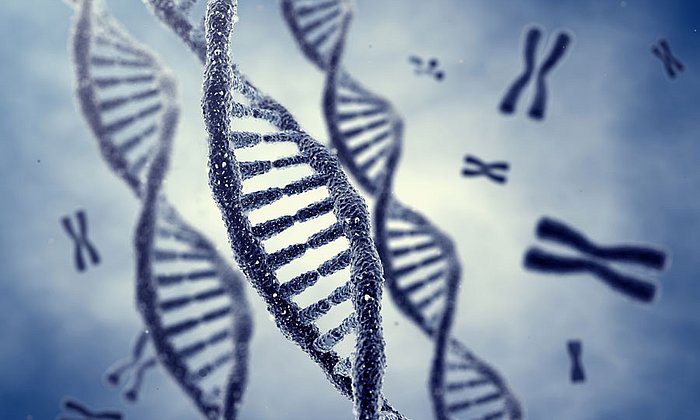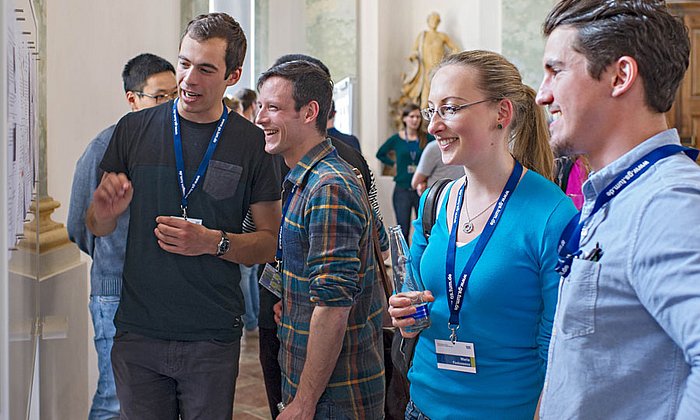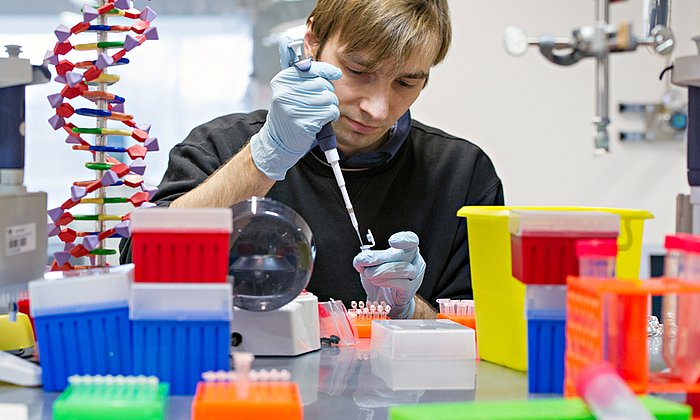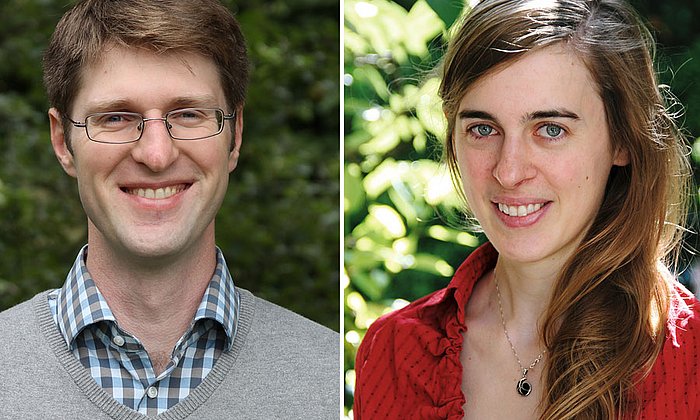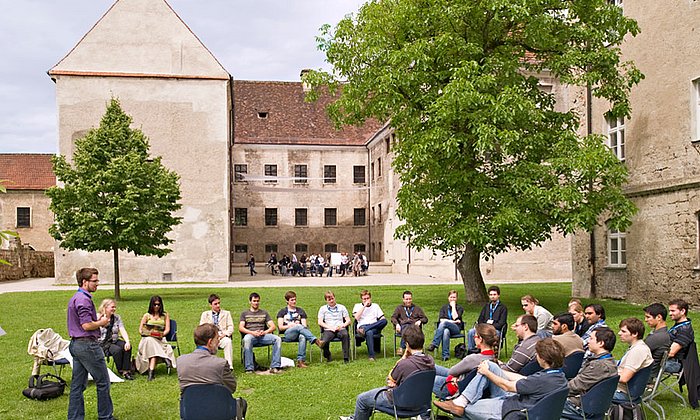Five partners establish the Max Planck School "Matter to Life"
TUM pursues new approach to developing international talent
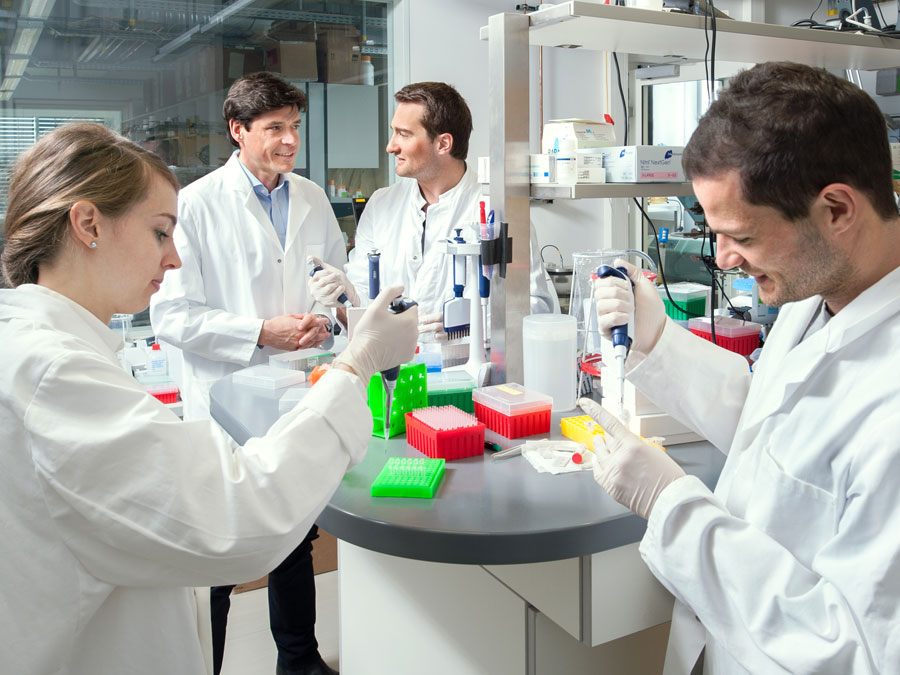
The Max Planck Society, TUM, the Universities of Heidelberg and Göttingen and the Leibniz Institute for Interactive Materials (Aachen) signed a cooperative agreement to establish the Max Planck School "Matter to Life". It will create a program providing a continuous path from a masters degree to a doctorate, in which students and Ph.D. candidates will benefit from the specialized expertise and laboratory facilities of all five of the excellent partner institutions.
Support through scholarships
In the 2019/20 winter semester, the three universities will each launch one degree program while preparing a joint course of studies. The programs will be open to outstanding bachelor graduates who wish to pursue a scientific career. With the support of a scholarship, they will be intensively involved in scientific research and will pursue research projects of their own. During that time they will have the opportunity to work in the university laboratories as well as those of the Max Planck Institutes. The partner universities will set up joint seminars and lectures using e-learning formats.
Successful completion of the masters studies will guarantee graduates the option of pursuing a doctorate while being employed at TUM. The right to confer a doctoral degree will remain with the universities. The doctoral research projects will be designed jointly by the universities and the Max Planck Institutes to enable the doctoral candidates to engage in cross-institutional research. Joint summer schools will facilitate networking among all members of the school.
What is life?
The "Matter to Life" school will open up a new, rapidly developing field of research that attempts to create systems resembling life in the laboratory. On the one hand, the school wants to find out more about the fundamental question "What is life?”. On the other hand, it will seek to develop objects and functions for a broad spectrum of highly relevant areas of application. These might be systems that could attack cancer cells or replace organs, serve as materials with previously unattainable properties or be able to process waste. In this area, the three research locations of Munich, Heidelberg and Göttingen complement one another ideally with their respective profiles. On the TUM side, the Munich School of Bioengineering will play a particularly important role.
"Attracting the world's best talent"
"With the new school we are offering an attractive program to train the top researchers of the future," says Prof. Gerhard Müller, Senior Vice President of TUM for Academic and Student Affairs. "Focused competence in multiple disciplines, the accumulated experience of different institutions, scientific and financial support, clear career options and the adventure of opening up a visionary research field – this model has the potential of attracting the world's best talent. With this program, we are helping to solidify Germany's status as a world-class center of science and research."
Quality assurance through TUM statutes
"Matter to Life" is one of the three initial Max Planck Schools set up for a five-year pilot phase. The schools are receiving funding from the Federal Ministry of Education and Research. TUM is represented on the executive board by the biophysicist Prof. Hendrik Dietz. To date, Prof. Andreas Bausch, Prof. Matthias Rief, Prof. Friedrich Simmel and Prof. Martin Zacharias have been designated as further fellows who will supervise doctoral and masters theses. The degree and doctoral program offered at TUM will be subject to TUM's high quality standards defined through the system accreditation of the courses and the statues of the TUM Graduate School.
Successful joint recruitment of professors
TUM and the Max Planck Society are already engaged in the “MaxPlanck@TUM” program, a highly successful cooperation for the recruitment of professors. These are initially appointed to an assistant professorship at TUM and, at the same time, as the head of a Max Planck research group. Subject to a positive assessment after six years, they will be promoted to a higher-paid, permanent professorship under the TUM tenure track system. The excellence of the selected candidates is evident in the fact that, just two years after the beginning of the program, approximately half of them have secured an ERC grant – one of the most prestigious forms of research funding in Europe.
More Informationen:
Technical University of Munich
Corporate Communications Center
- Klaus Becker
- klaus.becker@tum.de
- presse@tum.de
- Teamwebsite


